Gary Evans find this artist enhances his concepts using story theory, engineering and psychology
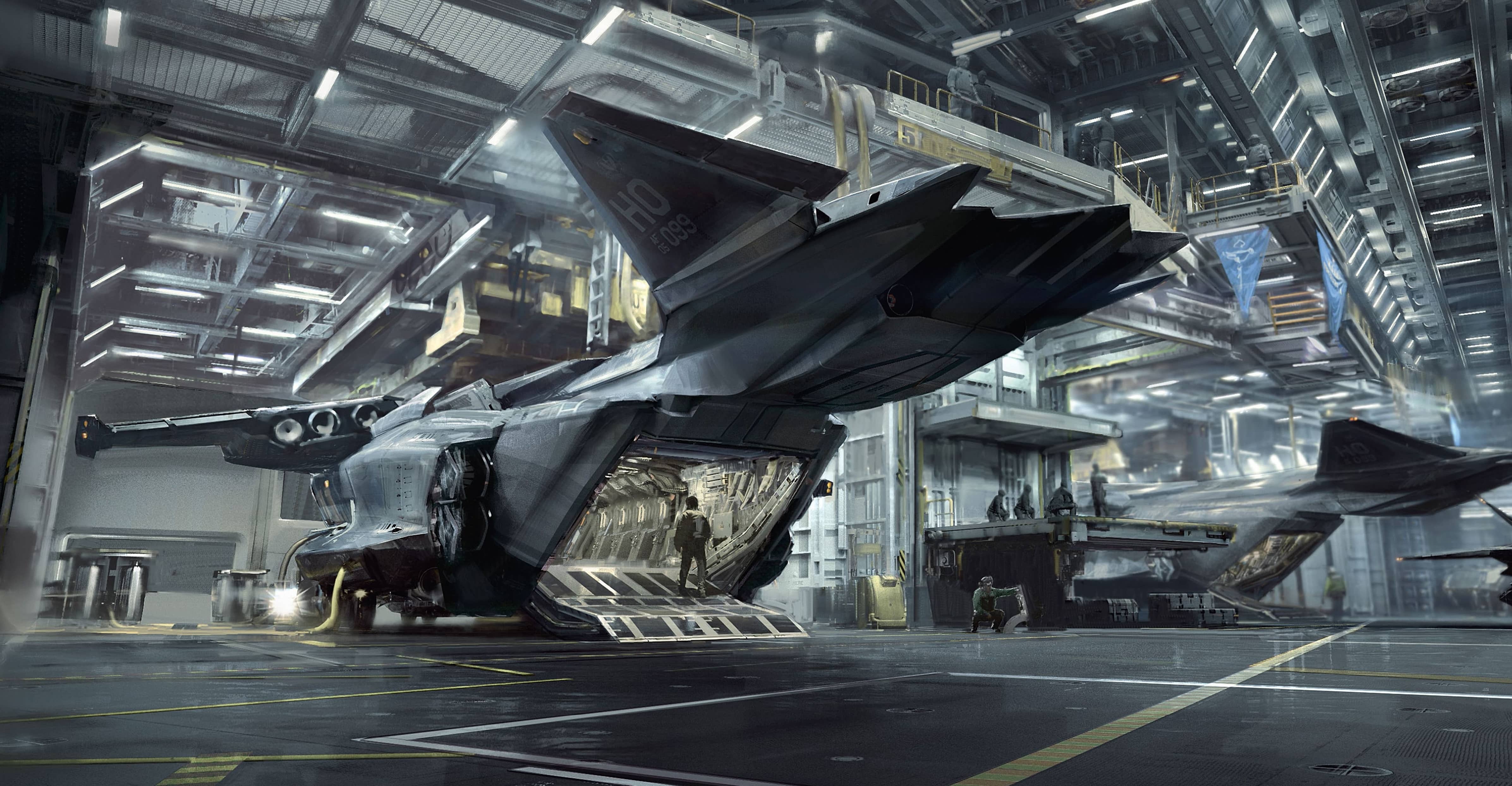
The Mike Hill method for watching films in three simple(ish) steps: first, pick a movie and watch it. Second, if the movie moved you in some way, don’t just go ‘Yes, that was nice’ and leave it at that; watch it again, slowly, carefully, scene by scene. And, three, take the movie into a video editor, cut it up, colour code the acts, the sequences, the scenes, really get in there, pick it apart, look at the story from all angles, and try to understand the decisions made by the scriptwriter, the director, the editor, even the color grader. The Mike Hill method for watching movies is about seeing “how the story looks from 30,000 feet.”
This is how the British artist likes to do things – all things, it seems… He was emailed some interview questions. Mike wanted to know precisely how long his answers should be if we could give him feedback once he’d sent them, and if we could establish an iterative process to make sure his responses were perfectly clear. We asked Mike to share some pictures of his work. Mike politely requested a proposed layout for the article, showing the images we’d like to use and how we’d like to use them, which he would then review, and, if necessary, make substitutions.
Looking at how Mike approaches those two everyday things – watching a movie, answering an email – and you get a good idea of how Mike approaches concept work on big-name franchises (Game of Thrones, Blade Runner 2049, Call of Duty: Infinite Warfare). He has a deep desire to understand how things work now and how they might work better later. He wants everything to be logical, everything structurally sounds and functioning right.
You should also be able to predict the kind of response we’d receive after asking Mike a careless question like this: what separates good concept art from great concept art?
This story is from the May 2019 edition of ImagineFX.
Start your 7-day Magzter GOLD free trial to access thousands of curated premium stories, and 9,000+ magazines and newspapers.
Already a subscriber ? Sign In
This story is from the May 2019 edition of ImagineFX.
Start your 7-day Magzter GOLD free trial to access thousands of curated premium stories, and 9,000+ magazines and newspapers.
Already a subscriber? Sign In
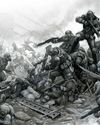
PAINT EPIC BATTLES IN TRADITIONAL INK
Warhammer illustrator THOMAS ELLIOTT shows you how to create an epic science fiction fight scene with this step-by-step guide

CONJURE MAGIC ILLUSTRATIONS
Daria Anako demonstrates her process for creating a whimsical piece of art with some spellbinding touches
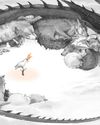
First Impressions
We discover the early influences that inspired the artist

ZBrush for iPad
GAME CHANGER The desktop version of popular 3D sculpting software ZBrush has been redesigned for iPad - and it's brilliant

BenQ GW2786TC
GET AN EYEFUL Don't scrimp out on your health with a monitor that's kind on the eyes and good for creative tasks
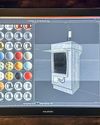
Huion Kamvas Pro 19
TABLET WARS An attractive pen display does an excellent job of balancing price and performance as it sets out to challenge its rivals in the mobile marketplace
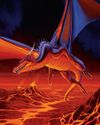
DRAGON OFORCEC
Legendary D&D artist Larry Elmore explains the keys to crafting timeless fantasy art.
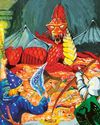
DUNGEON MASTERS
ImagineFX marks the milestone 50th anniversary of the launch of Dungeons & Dragons with a look at its rich tradition of illustration

Erik Ly
Gamer's haven Why the artist enjoys a maximalist aesthetic more than the minimalist approach.

2D meets 3D: How the workflows are merging
Interdimensional As VFX and animation evolve and tools become more accessible, Tanya Combrinck asks whether the separation between the mediums is reducing